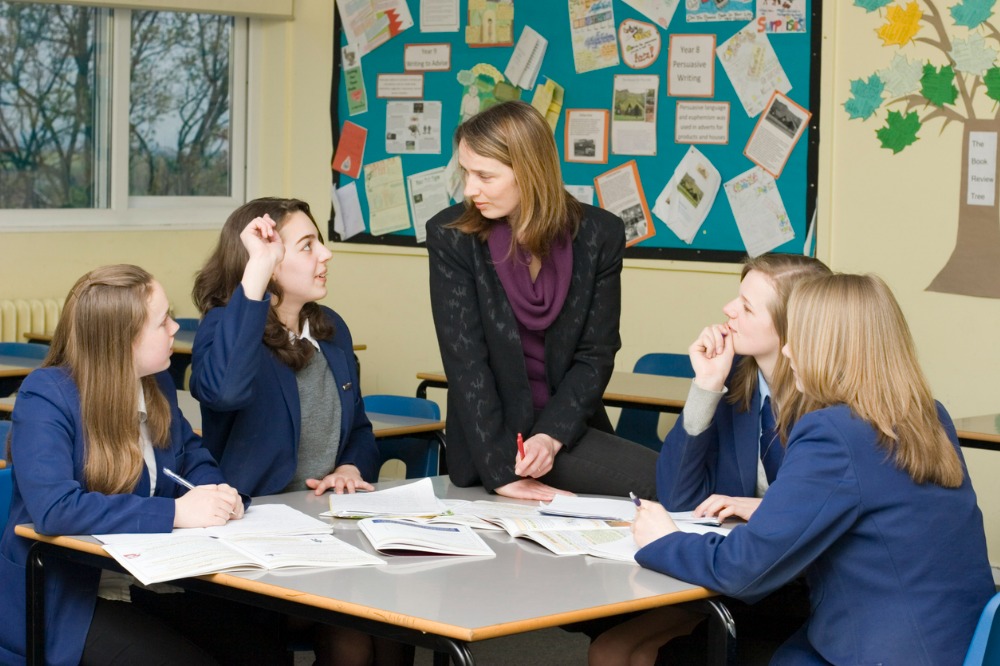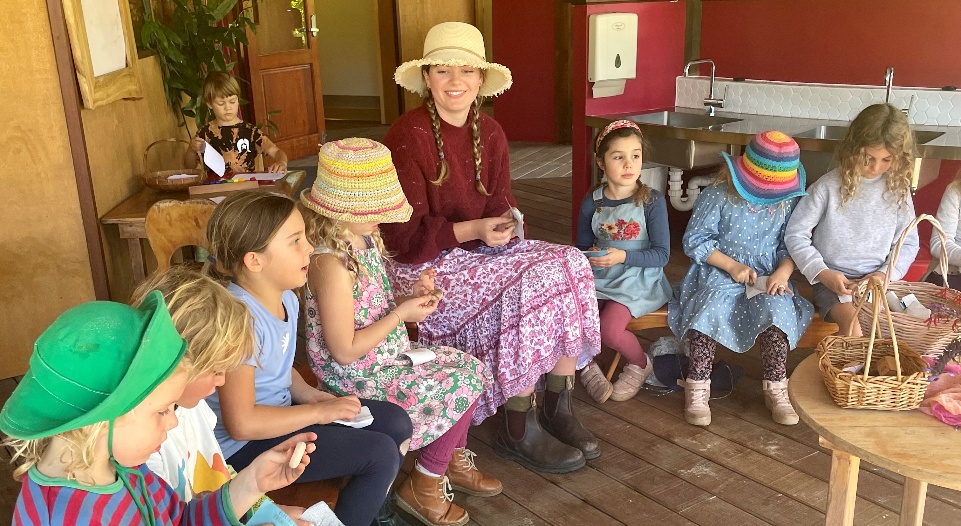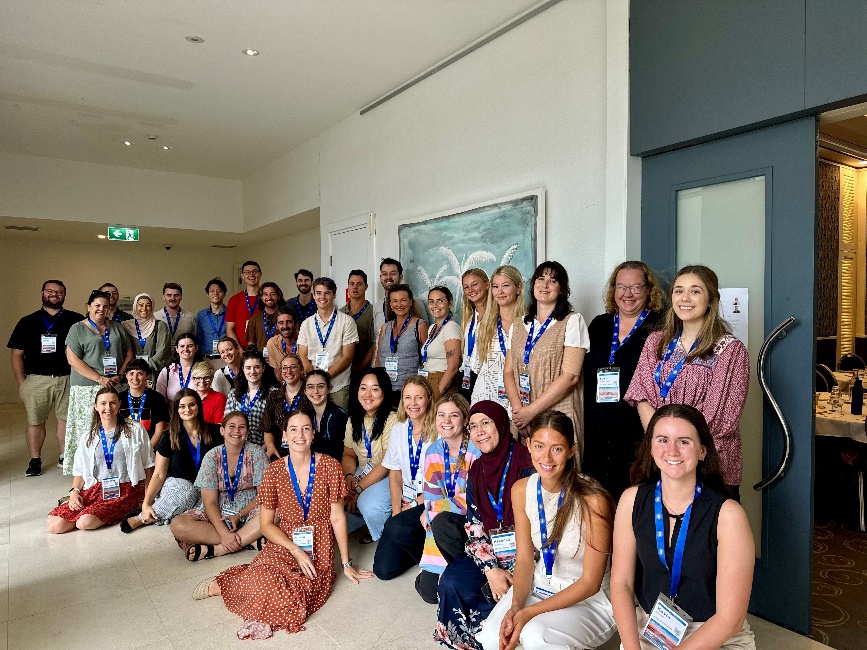
Across Australia, many schools are struggling under the weight of serious staffing shortages – an issue being exacerbated by worsening teacher workloads, fewer people enrolling ITE courses, and educators feeling undervalued and underappreciated.
In NSW alone, six out of 25.7 full-time equivalent positions have remained unfilled, some for over a year. One report by the NSW Education Department revealed more than 1,000 vacancies across regional areas where the issue is being most keenly felt.
Recognising the far-reaching impact that workforce shortages have on school communities, The Association of Independent Schools NSW (AISNSW) recently conducted its own Workforce Snapshot research, finding that the state’s Independent schools face the same recruitment challenges as other schools across Australia.
This led to the development of the Association’s soon-to-be-launched recruitED service – a centralised platform for job postings and recruitment.
AISNSW Chief Executive, Margery Evans said the goal is to provide a streamlined, one-stop-shop hiring process for Independent schools and to attract jobseekers to the sector.
“Our research, and that of others, also highlights the vulnerability of new teachers,” Evans told The Educator.
“They need ongoing professional learning, structured support and mentors if they are to stay and thrive in the classroom. We've helped schools address these needs through programs like Being an Effective Mentor and Early Career Experience.”
However, Evans said recognising and valuing the transformative work that teachers to every day can have make a profound change.
“One of the highest impact things we can all do is recognise and value teachers for their hard work and by doing that, raise the status and desirability of the profession.”
For its part, AISNSW has developed a comprehensive teacher workforce strategy designed to support the Independent sector in attracting, retaining, and developing a capable and diverse cohort of teachers.
Evans said the Growing and Nurturing Educators (GANE) initiative was launched in mid-2022 as a direct response to the teacher workforce challenges facing schools.
“It was borne out of conversations with Independent school leaders and a comprehensive literature review, Reviewing the Evidence Base: Attraction, Pathways and Retention by Australian Catholic University’s Institute for Learning Sciences and Teacher Education,” she said.
“Our research emphasised the need to provide teachers with support, mentorship, professional growth and recognition. GANE was designed to do exactly that through components such as the Teaching School Hubs, Education Scholarship, and Mentor programs.”
To address the issue of teacher workloads, AISNSW provided structured opportunities for collaboration by supporting peer networks as part of the Association’s Teaching School Hubs and Early Career Experience professional learning.
“In these networks, teachers can share solutions and find answers to problems,” Evans said. “AISNSW also provides a range of high quality, targeted professional learning programs that are directly relevant to teachers' needs and help them adopt more efficient teaching practices and tools.”
Over the last few years, AISNSW has also begun offering more on-demand support with access to professional learning materials and expert assistance when it’s most convenient to the teacher, Evans noted.
“This approach allows teachers to learn at their own pace and better manage their workloads.”
 Shearwater, The Mullumbimby Steiner School Education Trainee with students
Shearwater, The Mullumbimby Steiner School Education Trainee with students
Shearwater, The Mullumbimby Steiner School in far north NSW is a keen participant in GANE’s Teaching School Hubs program.
Evans said the hubs are an alternative and effective model of teacher training that offer initial teacher education (ITE) students paid, immersive, mentored school-based experiences for a full school year.
“Steiner schools face challenges attracting teachers, especially during a national shortage, so last year two Education Trainees were placed in the school and given a mentor,” she said.
“They were able to gain deeper, more comprehensive insights into teaching by working every week at Shearwater Steiner School than they would have under the old ‘prac’ model, which only had students in schools for a few weeks. Two more Education Trainees are due to commence at Shearwater in 2025.”
 2024 cohort of Teaching School Hubs Education Trainees
2024 cohort of Teaching School Hubs Education Trainees
Looking ahead, GANE will be adapted to support independent school teachers to keep abreast of new and emerging challenges, Evans said.
“Change is constant and GANE was therefore designed to be adaptive and forward-thinking,” she said. “Looking ahead, GANE will incorporate AI when and where appropriate, always using research and feedback loops to navigate technological advancements and educational trends.”
Evans said the Independent sector embraces technology and its possibilities because its role is to prepare students for a changing world.
“AISNSW has recently appointed an additional Education Consultant to further support teachers in navigating the new technologies and methodologies associated with generative AI,” she said.
“We know that AI is one of many evolving tools available to educators, but it will never replace teachers.”


